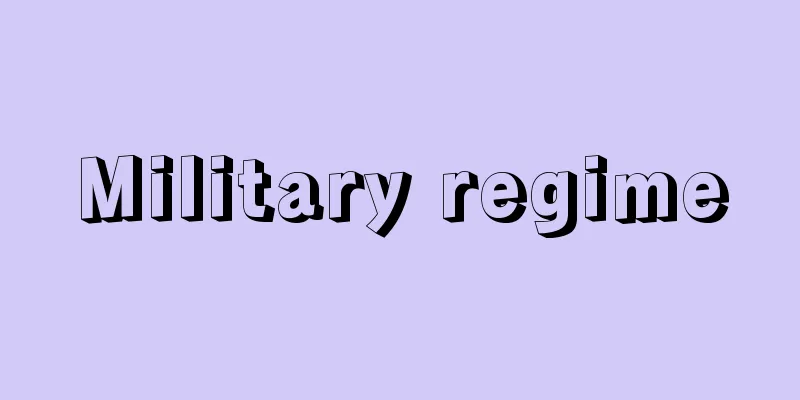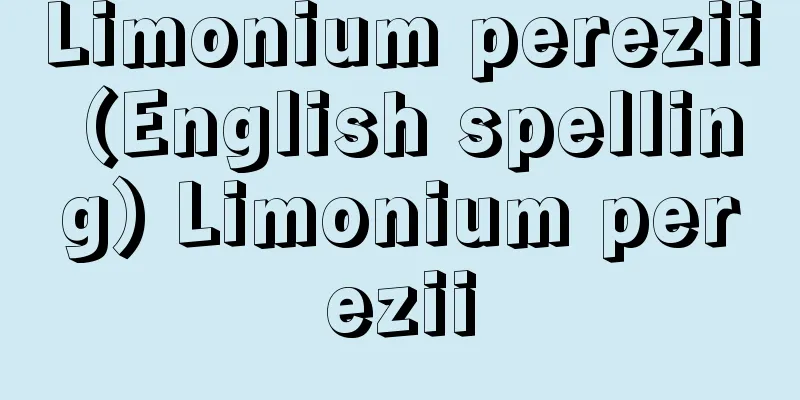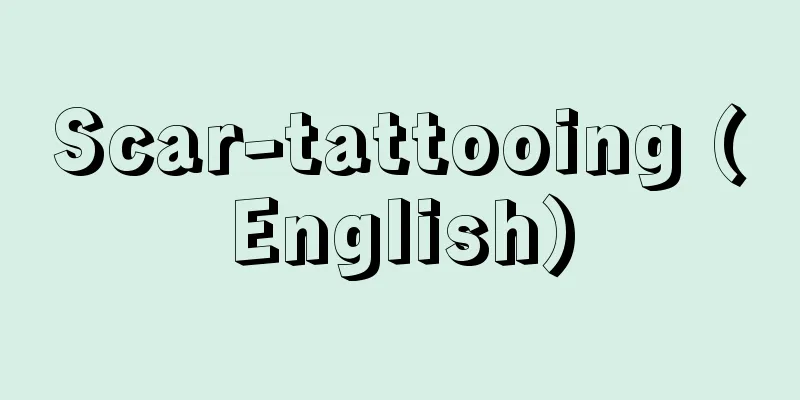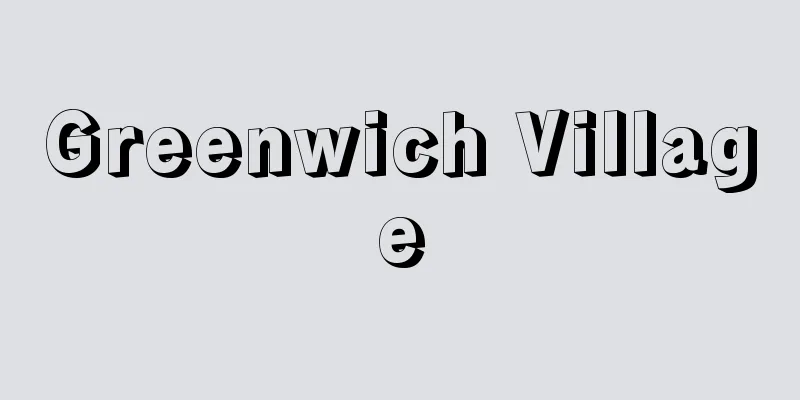Military regime

|
A form of government in which the military, as an armed group, seizes political power and directly rules. In many cases, it takes the form of a dictatorship by the military's top brass, and is often established as a result of a coup. In general, it is established in accordance with the interests and will of the ruling class when their rule is threatened by the rise of popular movements, and its role is usually to violently suppress popular movements. After the Second World War, few countries in the Third World adopted parliamentary democracy, and many established military regimes. Even after independence, they were unable to reform the dependent economic structure of the colonial era and were unable to escape the structure of poverty and hunger, which led to political instability and the establishment of military regimes that could suppress public discontent with military force. In addition, when multinational corporations were actively introduced to promote development, there were many cases in which military regimes were established and popular movements were suppressed in order to overcome the intensification of social contradictions and establish the political stability required by the multinational corporations. However, there were many cases in the military regimes of the Third World countries where the military was led by radical officers and implemented progressive policies. There was also an example, such as Portugal in 1974, where a military regime established by a coup to overthrow the fascist government played a certain role in democratization. [Tsujio Nagaho] As of 2008, countries under military regimes include Myanmar, Fiji, and Libya. [Editorial Department] [Reference] |Source: Shogakukan Encyclopedia Nipponica About Encyclopedia Nipponica Information | Legend |
|
武装集団としての軍隊が政治権力を奪取して直接支配を行う政府形態。多くの場合、軍隊の上層部による独裁体制という形態をとり、クーデターの結果樹立される場合が多い。一般的には、民衆運動の高揚によって支配が脅かされた場合に、支配階級の利益と意思に従って樹立され、民衆運動を暴力的に抑圧するという役割を果たすのが通例である。 第二次世界大戦後、第三世界諸国では、議会制民主主義をとるところは少なく、多くの国で軍事政権が樹立されている。独立後も、植民地時代の従属的な経済構造を変革することができず、貧困と飢餓の構造を脱却できないため、政治的にも不安定であり、民衆の不満を軍事力で押さえることができる軍事政権を樹立することになるのである。また、多国籍企業を積極的に導入して開発を進める場合、社会的矛盾の激化を乗り切り、多国籍企業の要求する政治的安定を確立するために、軍事政権を樹立し、民衆運動を抑圧するという事例も多い。しかし、第三世界諸国の軍事政権のなかには、急進的将校団を中心にした軍部が政権を握り、進歩的政策を実行するという事例も少なくなかった。また、1974年のポルトガルのように、ファシスト政府打倒のクーデターで樹立された軍事政権が民主化のために一定の役割を果たすなどの例もある。 [土生長穂] 2008年現在、軍事政権下にある国として、ミャンマー、フィジー、リビアなどがあげられる。 [編集部] [参照項目] |出典 小学館 日本大百科全書(ニッポニカ)日本大百科全書(ニッポニカ)について 情報 | 凡例 |
<<: Military expenditure - Gunjihi
Recommend
Hardy, Thomas
Born: June 2, 1840, Upper Bochampton, Dorsetshire ...
dramma per musica (English spelling) drammapermusica
… [Overview] The word opera comes from the Italia...
Negritude - Negritude (English spelling) French
It means blackness. The Négritude movement was a ...
Hyperopic astigmatism
…If both are myopic, it is called myopic compound...
Hylobates concolor (English spelling)
…[Kitamura Koji]. . . *Some of the terminology th...
Koto - Kugo
An ancient East Asian stringed instrument. There ...
Pomorie
…The Thracians who lived in this area later found...
Gee, A.
... In contrast to the history of America (Hollyw...
Oistrakh Trio - Oistrakh Trio
…He is also known for playing a wide range of rep...
Chaya Shirojiro - Chaya Shirojiro
A wealthy merchant in Kyoto from the Azuchi-Momoy...
Naonori Ii
1848-1904 Daimyo and aristocrats from the late Ed...
Syncytium
...the cell membrane of two or more adjacent cell...
Girl's Opera - Shojokageki
This is a type of opera unique to Japan, performe...
Ice Belt - Ice Slide
… [Structure, Strength] Icebreakers need to have ...
Ogura attached
〘Noun〙 A type of kamurizuke (a type of kanji for &...









